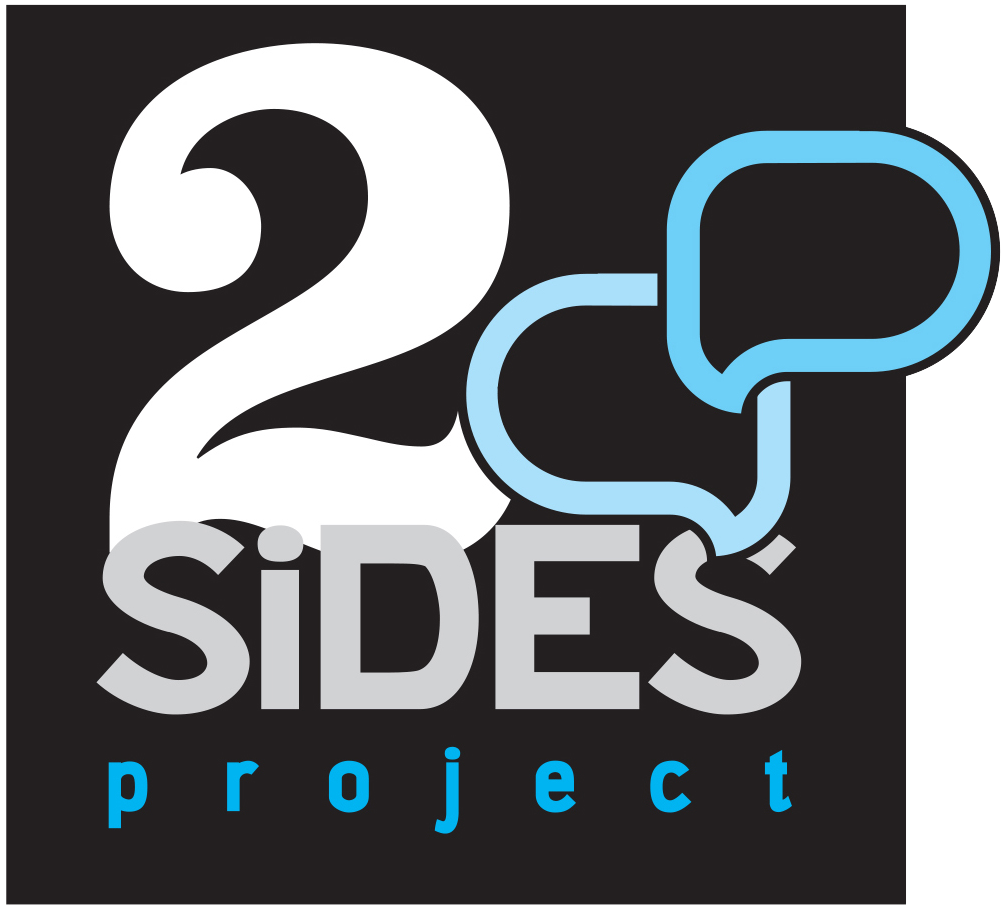Pham Van Hien with Susan Mitchell-Mattera. See all the pictures of sons and daughters together on the 2 Sides Project Facebook page.
Today was our first get together with sons and daughters on the other side. After all the planning, all the worrying about what would happen when we came face to face, I have to tell you that it was one of the deepest and truest and finest moments of my life.
I’d been told that the Vietnamese don’t spend time thinking about their personal loss. Instead they bear their grief about the war as a collective. Many said that such a cultural difference would probably make it hard for us to connect at a personal level. So when we opened the meeting and started going around the table to introduce ourselves, I checked my expectations. I told myself that if it didn’t work in the meeting, maybe we could all loosen up over lunch. And then they started to share.
Susan was sitting next to a Vietnamese son and said she could see the muscles in his jaw tighten and flex as it came his turn to talk. He talked about growing up in an orphanage for children of war martyrs. He talked about his own children, about being a father.
A Vietnamese daughter shared that she was an only child and lived with her mother. She said one of the hardest things for her was to see her mother’s pain. She wiped away tears.
A daughter said her family had received a letter from her father’s comrades explaining how he had died. But there had been a flood and the letter was too smeared to read. Clues as to her father’s whereabouts, wiped out forever. Her tears just fell. Ron was sitting next to her. I saw his lips tighten because he was up next, and he was trying to contain his emotions so he could speak. We had heard that 200,000 – 300,000 Vietnamese are listed as missing in action. We asked everyone whose fathers were still missing to raise their hand. Most of the group at the table did, along with Margaret and me.
Another daughter said her father was one of just three officials memorialized in statues in the middle of the country. She wanted us to know that if we ever came back, she would give us a tour of the area and that shrine.
A son stood up to speak. He was older than the others, in his 70s, and wore a suit. He said his father left home after independence in 1947, and they expected him to come back after the elections. Those elections never took place. His father was forced to stay away and fought in the French and then the American war. He was killed in 1972 or 1973. When he said his father distributed medical supplies, Patty nodded and smiled. Her own father was a medic.
We spent two hours together, talking through an interpreter. Then we gave the Vietnamese sons and daughters a gift. It was a lapel pin with the 2 Sides Project logo. Someone suggested we pin them and we did. We took pictures together. In them, we stand close.
At lunch we relaxed even more. We started to share pictures of our families, our children, our fathers. The son whose jaw had tensed and clenched in the meeting sat next to me. I picked up a piece of shrimp and went to peel it but it was too hot. He took it from my hands, peeled it for me and set it down in my bowl.
They signed a scroll and took a bag of candy for their children. We told each other how much it meant to be together. Many of them said they had been nervous too, but they were surprised and happy to find that we were open to talking to them.
We’ll meet more sons and daughters along the way. But now our expectations will be different. We’ll know that when we open the conversation, we’ll find an instant connection with the other side, and it will help us all.

